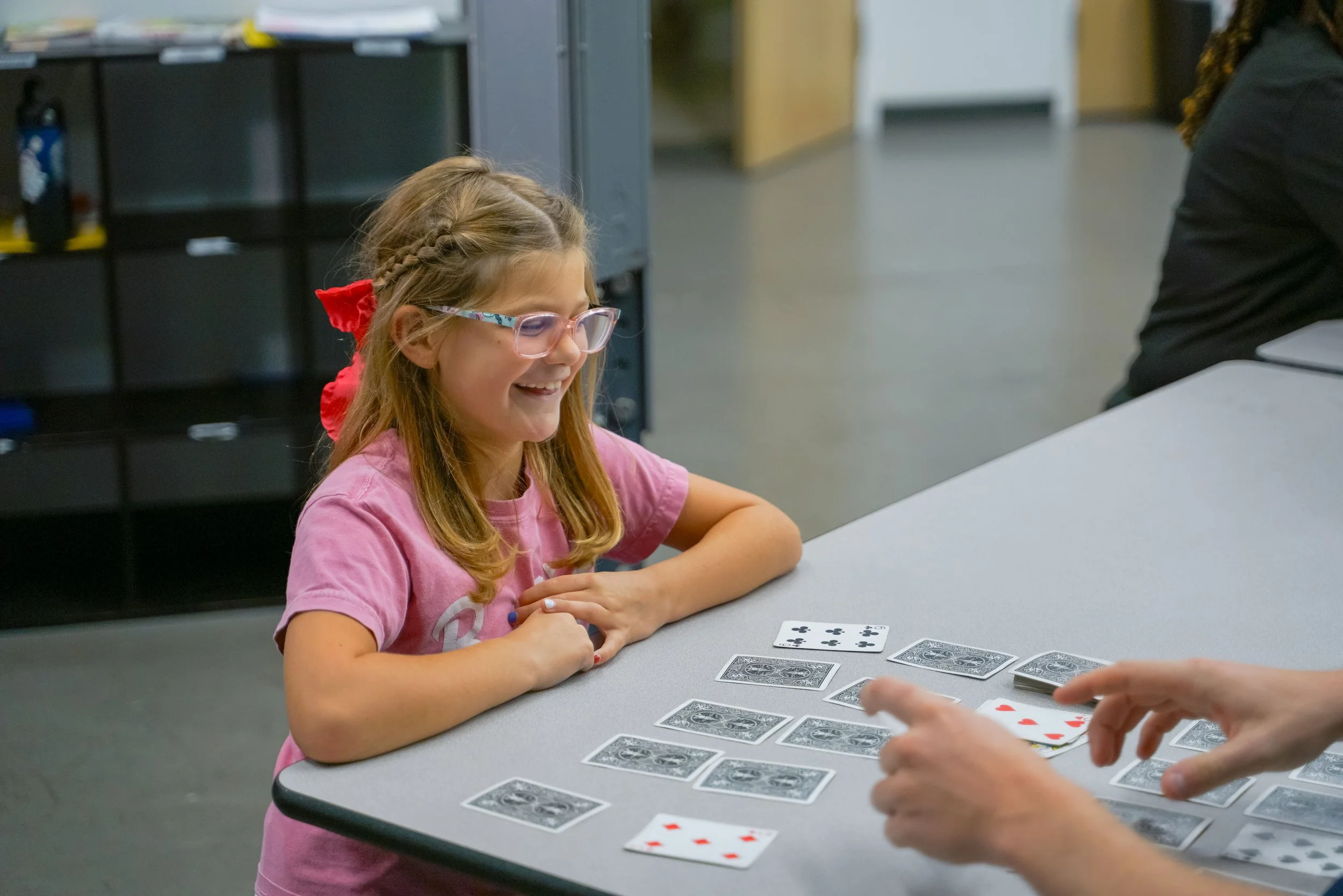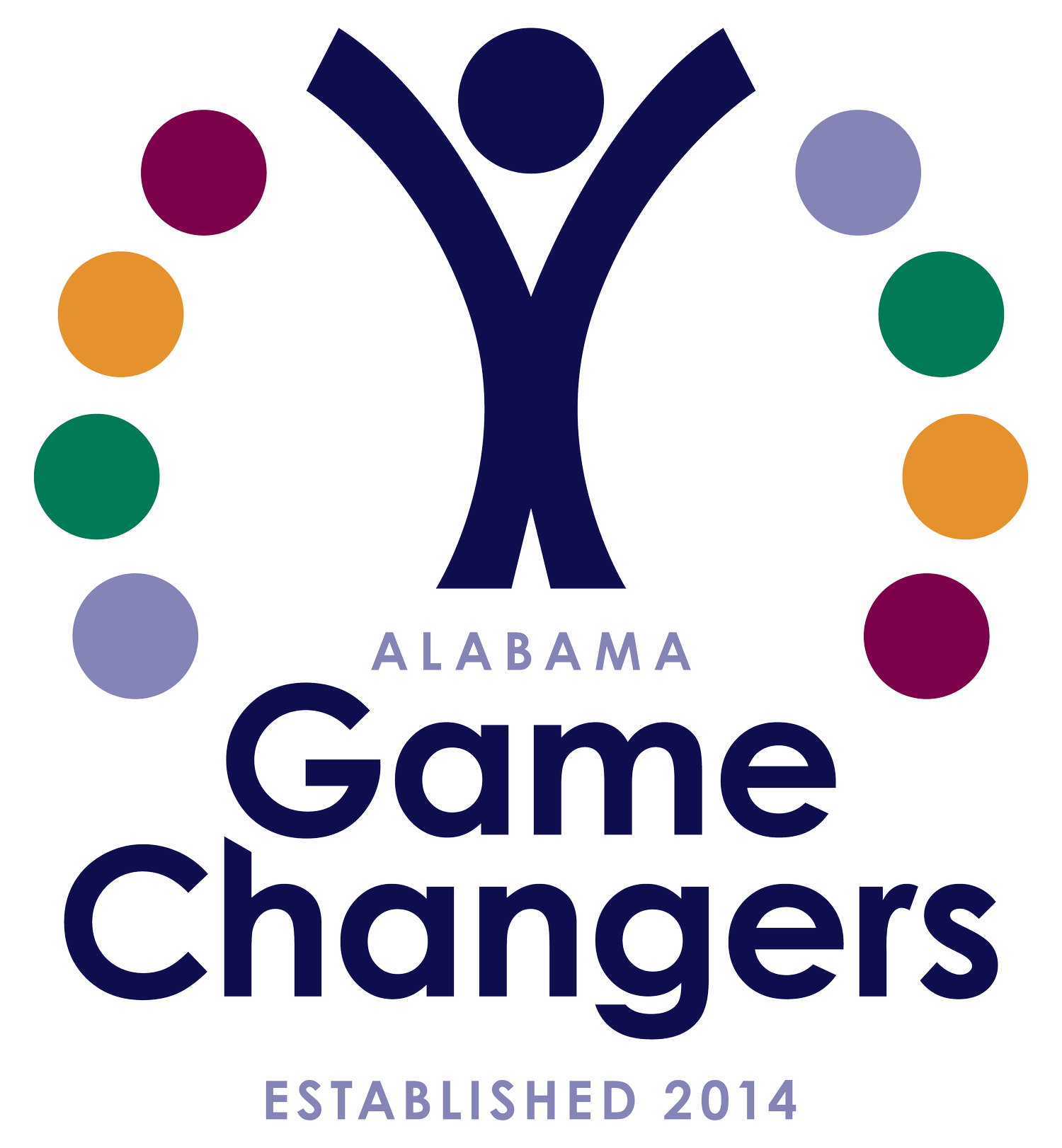
About Dyslexia
What is Dyslexia?
Put simply, dyslexia is a term used when an individual has difficulties with reading and/or spelling because it is hard to play with sounds in words.
According to the International Dyslexia Association, "Dyslexia is a specific learning disability that is neurobiological in origin. It is characterized by difficulties with accurate and/or fluent word recognition and by poor spelling and decoding abilities. These difficulties typically result from a deficit in the phonological component of language that is often unexpected in relation to other cognitive abilities and the provision of effective classroom instruction."
— International Dyslexia Association (IDA), 2002 & NICHD
-
🔍 Demystifying Dyslexia:
🚫 MYTH —VS— REALITY ✅
Often it is helpful to
share what dyslexia is and is not > -
🚫 Myth: Dyslexia is simply letter reversals.
✅ REALITY:
While letter and word reversals can be a part of learning struggles, dyslexia is a complex language processing disorder that extends beyond visual issues.
-
🚫 Myth: Dyslexia indicates lower intelligence.
✅ REALITY:
People with dyslexia have normal to above-average intelligence and often demonstrate exceptional creativity.
-
🚫 Myth: Children outgrow dyslexia
✅ REALITY:
Dyslexia is a lifelong condition, though early intervention can significantly improve reading outcomes. However, a “just read more” approach is not an effective intervention.
-
🚫 Myth: More reading practice will solve dyslexia.
✅ REALITY:
Structured, systematic instruction in phonological awareness is required, not just increased exposure to text.
-
🚫 Myth: You must wait until 2nd or 3rd grade to test for dyslexia.
✅ REALITY:
Early signs of dyslexia can be identified in preschool years, and early intervention is more effective than waiting for a child to fail before providing support.
-
🚫 Myth: Children with dyslexia are lazy.
✅ REALITY:
Dyslexia is a neurobiological condition; affected children often work harder than peers but still struggle due to processing differences.
-
🚫 Myth: Dyslexia is rare or not a real condition.
✅ REALITY:
Dyslexia affects approximately 15-20% of the population, making it one of the most common learning differences, with well-documented neurobiological origins.
About Dyslexia FAQs
-
According to the International Dyslexia Association, "Dyslexia is a specific learning disability that is neurobiological in origin. It is characterized by difficulties with accurate and/or fluent word recognition and by poor spelling and decoding abilities. These difficulties typically result from a deficit in the phonological component of language that is often unexpected in relation to other cognitive abilities and the provision of effective classroom instruction."
— International Dyslexia Association (IDA), 2002 & NICHD
